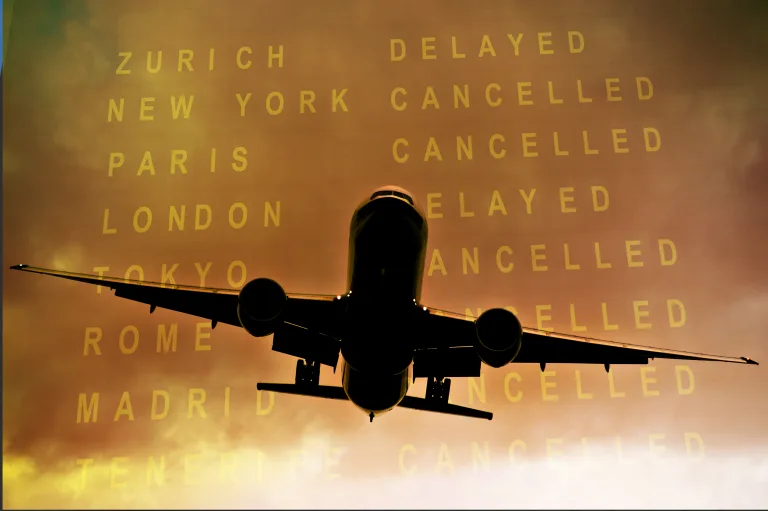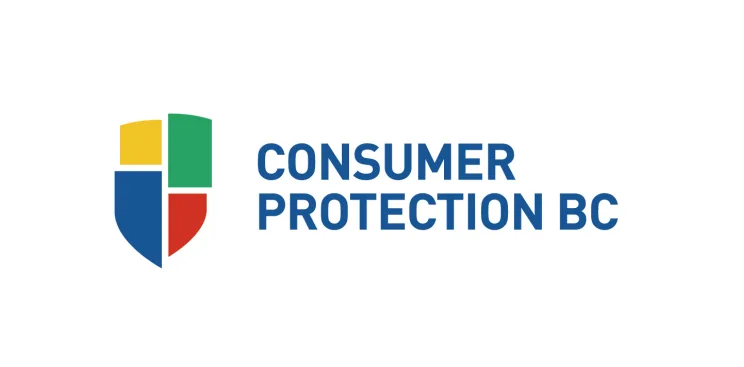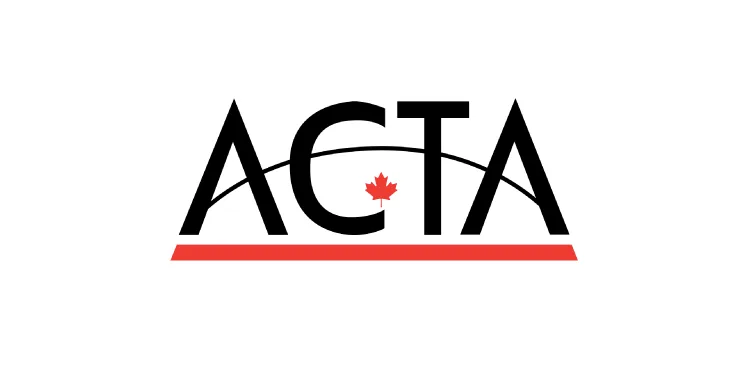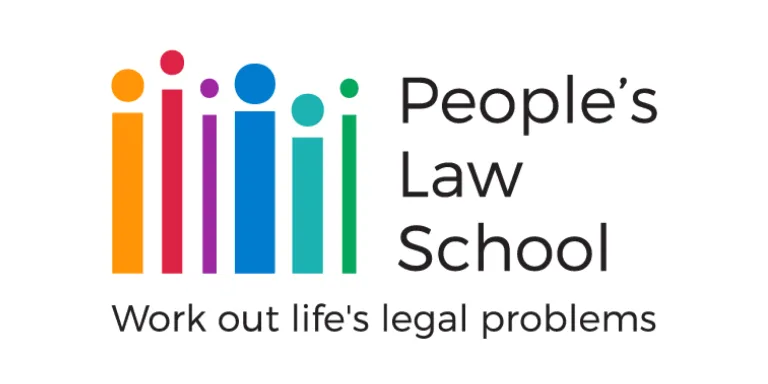Problem with a holiday

Problem with a trip? Your rights to cancel a holiday (or part, like a hotel reservation) hinge on the terms of your booking contract and reason for wanting to cancel.
What you should know
You’ve changed your mind? The travel agent lied to you? They rebooked your flight to leave two days later? When plans change, you have rights.
Once you book a trip, it’s a binding contract between you and the company offering the travel services.
If you changed your mind or can’t go, check the contract terms to see what you’re entitled to. These terms are often found in the “fine print” in your confirmation email.
You might get a refund. Or, there may be cancellation fees. Often, you may not be entitled to any refund at all.
Check the terms of the contract — ask the tour provider for a copy.
Often there is a short cancellation window (like 24 hours for many types of flight bookings) where you can get a full refund.
If you bought travel insurance, you might be covered. Call your insurance provider.
During the COVID-19 pandemic, Canadian airlines are mostly just giving vouchers for future travel for consumers who cancel their flights. Many consumers feel they should be entitled to a refund. Some lawsuits have been filed. Keep an eye on the news for updates about this.
Again, the terms of your contract are key here (I know, the fine print. But it’s important!).
The company may have the right to, say, change your flight time, or send you to a resort of comparable quality.
If the company makes a significant change, it could be grounds for you to cancel the contract and ask for a full refund.
What counts as a significant change? Ask yourself: Is what they’ve given you instead comparable? Is this substitution truly going to change your holiday experience?
Here’s an example. If an all-inclusive resort changed your booking from a room on the beach to a room a kilometre away from the sand, those rooms are not comparable. You have a strong argument that the switch drastically changed your trip.
If in booking your holiday, you relied on the company telling you something that turns out not to be true, you may be able to cancel the contract. What they’ve done is called misrepresentation.
Let’s say you booked a cruise and the company told you that the ship was brand new. Turns out it was more than 20 years old. You could ask to cancel the contract due to the company’s misrepresentation.
The false statement must be a fact, not just an opinion or promotional language.
For example, if a company says their cruise ship has “the best dining service,” that’s an opinion. But if it says their ship is “the biggest cruise ship in the world,” that’s a statement of fact.
If you think you’ve been misled, and you want to cancel the contract because of misrepresentation, you need to do so as soon as you discover the issue. If you wait, you may lose this right.
Companies in BC cannot use unfair practices to mislead you.
For example, a business can’t tell you that:
something is of better quality than it really is
something is only available for a limited time if that is not true
you’re getting a special price or benefit when they are really offering the same thing that you can get somewhere else
Sometimes, if a business pushes ethical bounds, their actions can be considered “unconscionable.” Like when:
they take advantage of a language gap, or a physical or mental disability
they charge far more than what’s reasonable for something
they pressure you to buy something they know you can’t afford
Work out the problem
There are steps you can take to deal with problems cancelling a holiday.
Step 1. Contact the company you booked with
Step 2. Send the company a letter
Step 3. Contact a trade association
Step 4. Contact a consumer protection agency
Step 5. Take to social media
Step 6. Consider legal action
Step 1. Contact the company you booked with
If you want to cancel a holiday, call or email the company you booked with and explain to them why you want to cancel. Tell them what you want — whether it’s a refund or to rearrange the holiday.
Reach out to them in person or over the phone. Ask to speak with a manager or owner. Keep notes of what you discussed.
Step 2. Send the company a letter
If discussing the matter doesn’t work, write them a letter explaining that you are cancelling the holiday.
Keep the tone professional and to the point. Explain why you are cancelling the holiday. Copy the text of the terms and conditions to show you understand your rights.
Keep a copy of the letter for yourself.
If you want to be sure the other party receives your letter, send it by registered mail or courier.
Step 3. Contact a trade association
If the letter doesn’t resolve the problem, check if the company’s a member of a trade association. The association may be able to deal with the dispute using alternatives to court.
The Association of Canadian Travel Agencies provides informal mediation to help resolve a dispute with a travel agent who is a member. Check out the ACTA website for more.
Step 4. Contact a consumer protection agency
Filing a complaint with the Better Business Bureau can help future consumers to avoid problems. Visit the BBB website for guidance.
If the company is a licensed travel agent in BC, you can submit a complaint to Consumer Protection BC. You can submit a complaint online, through their website.
Step 5. Take to social media
If none of the above gets you what you want, consider telling your story on social media. Be factual and truthful about what happened — using foul or insulting language may work against you.
Social pressure is powerful. The company may be eager to make things right to prove they’re good corporate citizens.
Step 6. Consider legal action
If you still can’t solve the problem with the above steps, a last resort is legal action. This can be costly and time-consuming. You should look at all other avenues first.
If you decide to sue, note that there are time limitations on filing lawsuits. If you don’t have a lawyer, there are options for free or low-cost legal help.
Who can help
There are options for help if you have an issue trying to cancel a holiday.

Consumer Protection BC
Licenses travel agents in BC and handles complaints about travel agents.

Association of Canadian Travel Agencies
Provides informal mediation to help resolve a dispute with a member travel agent.
Getting expert legal advice can help you resolve your problem.

BC Legal Referral Service
Helps you connect with a lawyer, notary or paralegal for a free 15- to 30-minute consult to see if you want to hire them.

Access Pro Bono's Legal Advice Clinics
Volunteer lawyers provide 30 minutes of free legal advice to people with low or modest income.
This information from People’s Law School explains in a general way the law that applies in British Columbia, Canada. The information is not intended as legal advice. See our disclaimer.

